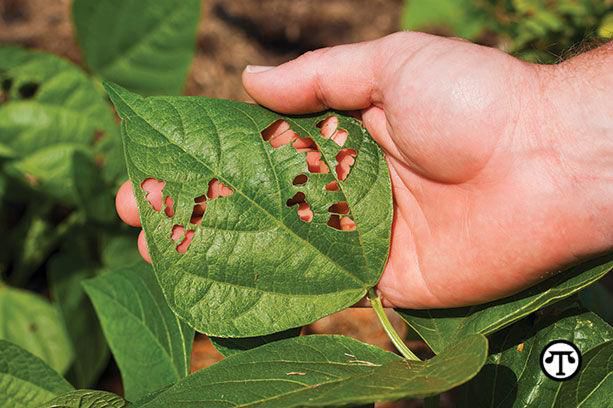U.N. Declares 2020 As The International Year Of Plant Health
(NAPSI)—Can you imagine a world without fruit or flowers? Without farms or forests? It sounds extreme, but it could happen. Plants are under attack and the culprit is invasive pests. Some are so small, you can’t see them with your eyes. But they are there, and it’s time that everyone takes notice. That’s why the United Nations (U.N.) has declared 2020 as the International Year of Plant Health. It’s calling on individuals, organizations, industries, scientists and governments at all levels to work together to protect plants against the introduction and spread of invasive pests.
Healthy Plants = Human Survival
Plants are the foundation of all life on Earth. They make the oxygen we breathe and give us 80 percent of the food we eat. They sustain our livestock, provide habitat for wildlife and help our world to thrive. And plants add beauty and joy to people’s lives.
According to the U.N., invasive pests destroy up to 40 percent of food crops globally and cause $220 billion in trade losses each year. This trade, worth nearly $1.7 trillion annually, has become crucial for human survival and economic growth in rural areas.
To feed the world’s growing population, the U.N. estimates that agricultural production must increase by about 60 percent by 2050. That means we must do everything we can now to protect plant health from destructive invasive pests.
What You Can Do
The good news is that there are simple steps anyone can take to protect plants. It just takes one person to make a difference. For example, a hospital groundskeeper in Boston was the first to notice a strange-looking, dime-sized hole in a tree. Her call provided an early warning and jump-started the U.S. Department of Agriculture’s (USDA) control effort, which quickly eliminated the destructive Asian longhorned beetle from that city.
Here are ways you can help:
• Look for and report unusual signs of pests or diseases in trees and plants.
• Don’t move untreated firewood. Instead, buy heat-treated firewood or responsibly gather wood where you will burn it to ensure tree-killing beetles hiding inside can’t spread to new areas.
• When returning from international travel, always declare any food, plants or other agricultural items to U.S. Customs and Border Protection, so its experts can ensure they are pest-free.
• Before buying seeds or plants online from other countries, contact USDA to find out if the items need to be inspected and certified as pest-free or meet other conditions before you can legally bring them into this country.
Learn More
Locate a USDA office and find more tips on www.HungryPests.com, which describes invasive pests that people can accidentally spread and how to help prevent it. You can also join the conversation and get the latest updates at #PlantHealth and #IYPH2020 on social media.

